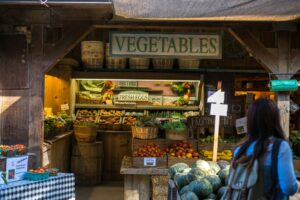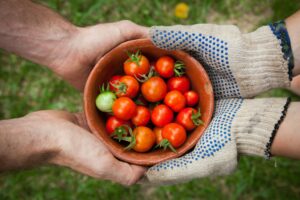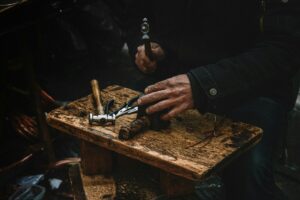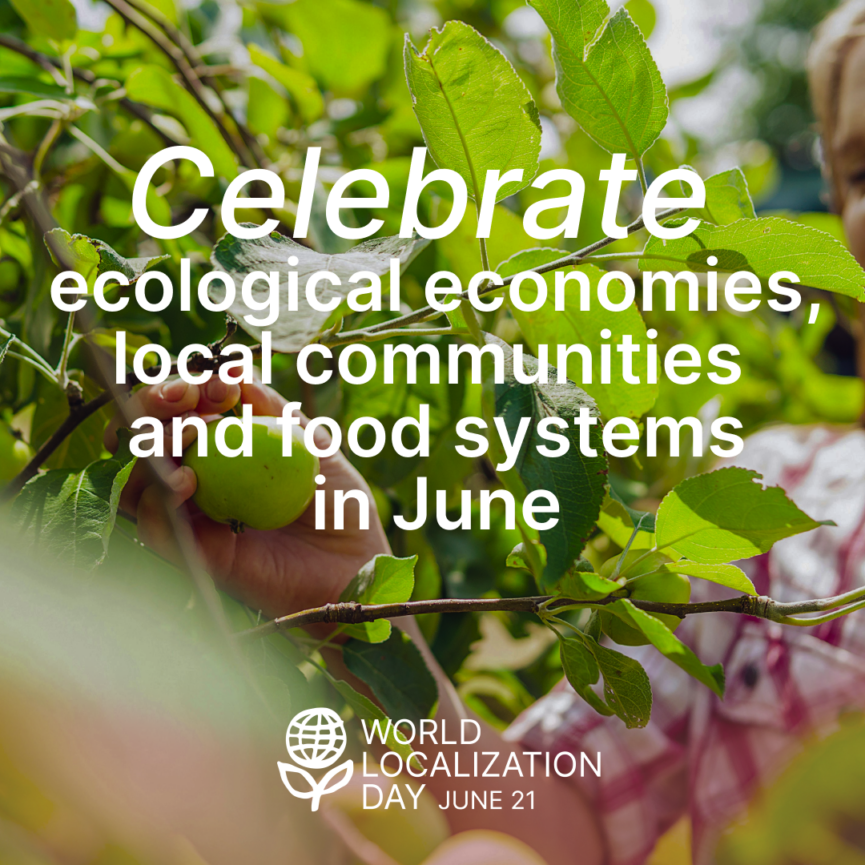6 things you can do to celebrate World Localization Day
Did you know that World Localization Day is just around the corner?
This year and every year it’s on 21 June.
World Localization Day is an annual event that celebrates the localisation movement. Organized by Local Futures, it’s all about shifting our reliance away from the global market, towards a more resilient future where our basic needs are met by our local community.
Localizing our sources of energy, food, water, and fibre can help us build stronger, more resilient communities, and healthier, more biodiverse ecosystems.
To inspire you to take action this World Localization Day, we’ve put together a list of six fun ideas to help you connect with your local community.
1. Join a World Localization Day event
There are events happening all around the world in celebration of World Localization Day. Australian community groups are leading the way with things ranging from mindfulness workshops, permaculture meet-ups, online workshops, to community festivals.
To find something to do near you, take a look at World Localization Day’s website.
2. Support a local veggie box supplier or small scale food producer

Photo by Jason Leung on Unsplash
Buying local fruit and vegetables is both satisfying and delicious!
Attending farmers markets is a great way to directly support small scale producers. If you want to buy local produce but don’t have time to attend a farmers market, some small scale growers offer subscription vegetable boxes delivered direct to your door.
The options available to you will depend on where you live. The best way to find out if a producer near you offers vegetable boxes is by checking their website, or contacting them directly. To find a farmers market, try the market finder on the Australian Farmers’ Market Association’s website.
3. Buy from a local cooperative or small business
Cooperatives are small organizations that are owned by members, rather than shareholders. They are usually directly run and managed by people within the cooperative. By shifting away from a shareholder model, money made by the cooperative stays within the local community.
If you don’t have a cooperative in your community, you can keep your money local by supporting small businesses. From coffee shops, to corner stores, to artisanal makers, to photographers; Australian communities are full of excellent small businesses providing high quality service.

Photo by Elaine Casap on Unsplash
4. Attend a seed, vegetable or plant swap
If you’re a keen gardener, you could connect with your local seed, vegetable or plant swap group. These are groups of like-minded people who meet every so often to trade their garden produce.
The Seed Saver’s Network has a map online where you can find groups near you, and Local Harvest has one for food swaps.
5. Go to a repair cafe

Photo by Federico Di Dio photography on Unsplash
Repair cafes are a great way to connect with your community, take part in the circular economy and keep material flows local. If you have something that needs to be fixed, take it along to get help from your neighbours. Or, if you are a handy-person yourself, you could offer your services to others.
Visit the Repair Cafe organization’s website to find one near you.
6. Donate to a share library
From street libraries, through to toy and tool share schemes, share libraries are a brilliant community asset. They keep resources local, and increase resilience by allowing people access to things they need at a low cost.
You could either reach out to see if your local share library needs donations, or you could consider volunteering some time to help with organizational or administrative tasks.
Rikki-Lea James
June 2025

